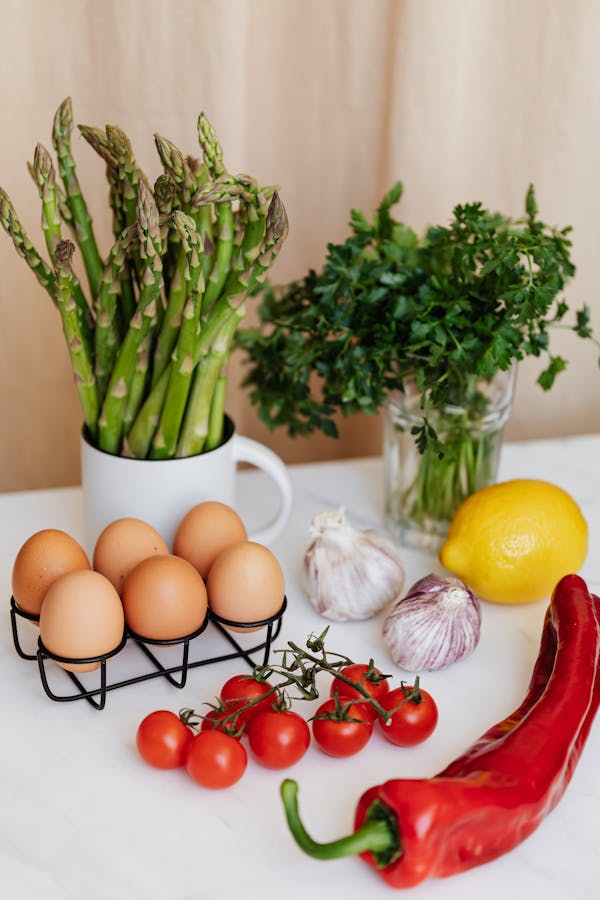Listed dried fruit manufacturer Murray River Organics is going to have to work hard for its shareholders from here on. The company has announced that it’s entered into voluntary administration.
MRG has been struggling for some time now. Its recent financial results have been abysmal. It has had to issue a number of profit downgrades.
The Company’s Business Model
As a fully-integrated FMCG organic and ‘better-for-you’ food producer, Murray River Organics manages the entire supply chain from primary production to processing, packaging, sales/marketing and distribution. Its diversified business model is designed to lower risk by operating through smaller farming operations.
Earlier this year, the company launched its first range of plant-based mylk chocolate with a focus on using its own grown ingredients. This was a move to expand beyond its breakfast aisle into the $1.3 billion confectionery market. The company teamed up with design agencies What Came Next and RollsPack to create a series of doypacks that would stand out on the shelf.
However, the new products didn’t help the bottom line, and MRG ended up reporting a first-half loss of $22.2 million. Its current board, led by CEO Birol Akdogan, has promised a turnaround plan in the second half of this year. This will include raising capital, reducing costs and focusing on the growth of the company’s branded portfolio including its premium Australian clusters and pantry staples.
The Company’s Products
The company produces organic dried vine fruit, nuts, seeds, berries, grains, coconut, and other ingredients. Its products are sold in supermarkets across Australia.

In addition to its branded range, Murray River Organics recently launched a new line of nut butters and organic mylk chocolate – incorporating the company’s own-grown sultanas as a key ingredient. The company says that this new product line reflects the demand for better-for-you products that are backed by quality, transparency, and sustainability.
The company also recently signed a new branded supply contract with a major Australian supermarket, which will see the company produce a range of organic raisins and prunes for that retailer’s store-brand products. The agreement is expected to generate approximately A$15 million per year in revenues for the company. In addition, the company has a number of wholesale customers in Australia. Its products are also available in a number of specialty food retailers across the country. The company also exports its products overseas.
The Company’s Operations
The company’s primary lines of business are manufacturing, trading, and selling organic and natural food products. Its products include dried vine fruit, nuts, seeds, berries, coconut, and other ingredients. These products are marketed in Australia. The company also produces a variety of other foods, such as organic beverages and oils.
Its revenue has been growing rapidly, but the company faces some challenges. The company is in the process of reducing its debt level and investing more in branded products. It is also expanding its distribution network.
The company’s current management is working hard to stabilize its financial position and improve the company’s profitability. In addition, the company is focusing on improving its production capabilities. This will increase the growth of its business in the long term. In addition, the company has received a lot of support from its debt providers. This has allowed it to focus on its branded portfolio of products, including snack foods and pantry staples.
The Company’s Financials
Murray River Organics Group Ltd operates as a producer, marketer, and manufacturer of organic and natural food products. The Company produces dried vine fruit, nuts, seeds, berries, and grains. It serves customers worldwide. Murray River Organics Group offers a variety of organic snacks, drinks, and condiments. The Company produces its products in Australia and the United States.
Currently, the company’s earnings per share are AU$–. Besides, it has a quick ratio of 0.19, which is an indicator of good liquidity.
In the past few months, the company has secured a number of new deals with supermarkets. In addition, the Company has also expanded its Dandenong food production facility and branded FMCG opportunities, capitalizing on the growing consumer trend toward organics and better-for-you foods. It has also announced plans to sell some of its farms to re-capitalise the business. Despite these positive developments, the Company’s financial performance has been impacted by a poor season for its farming operations.


